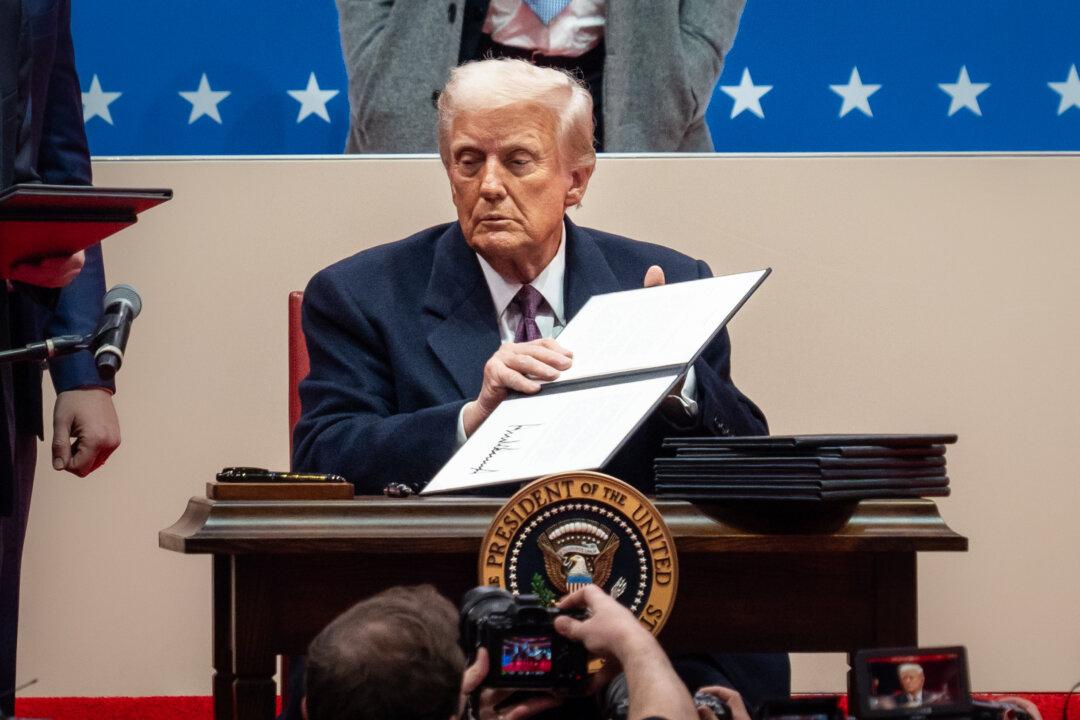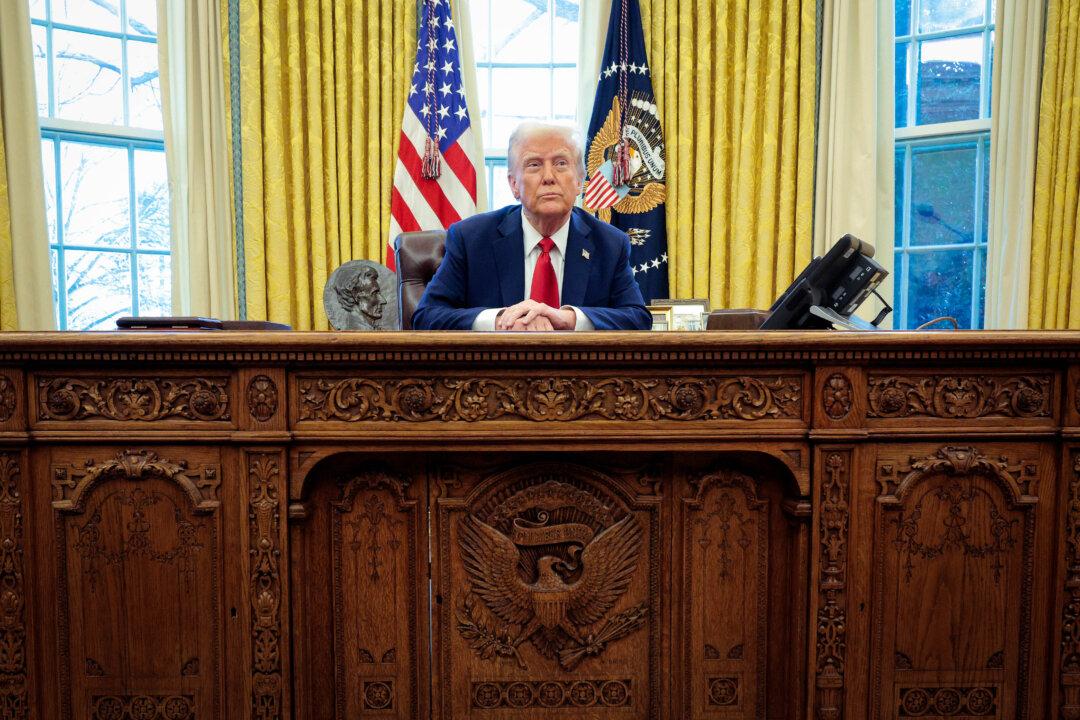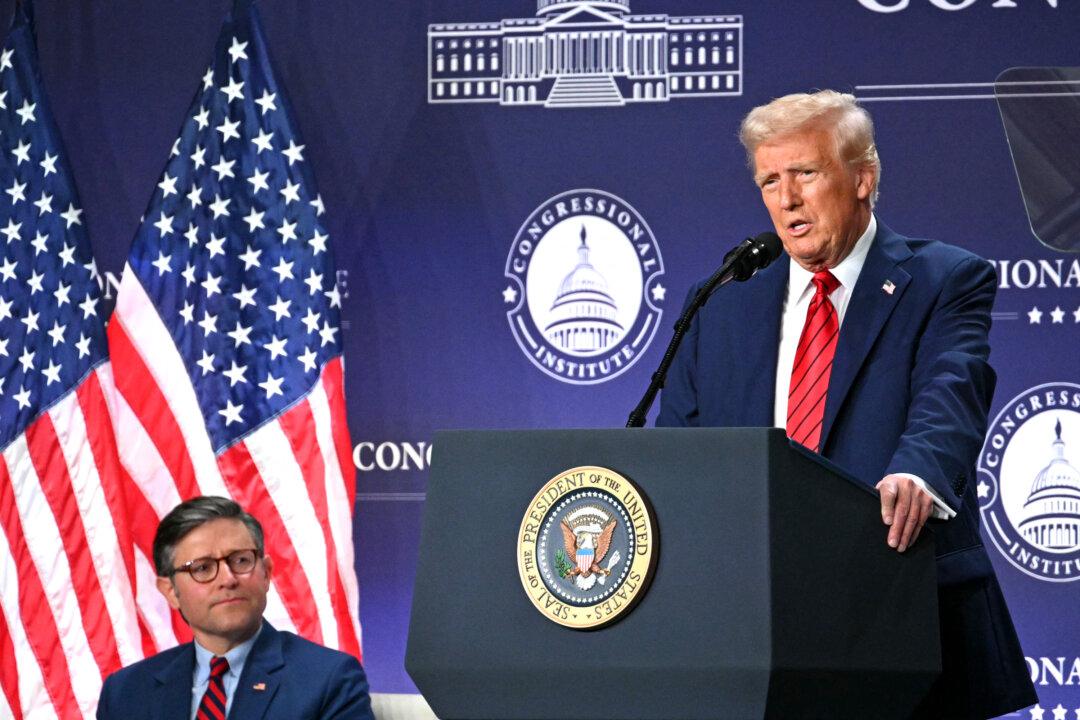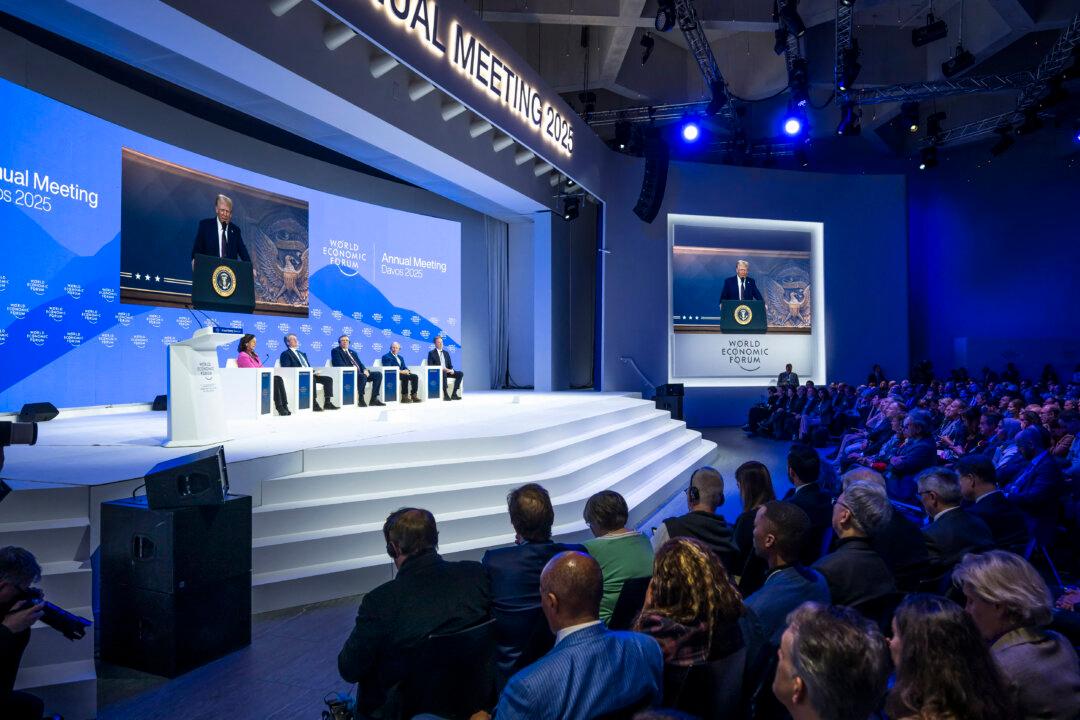President Joe Biden will attend the North Atlantic Treaty Organization (NATO) summit next week as the military alliance faces the most pressing challenges since the end of the Cold War, including mounting security threats from Russia and China.
The summit, scheduled for July 11–12 in the capital of Lithuania, Vilnius, will bring together heads of state, military officials, and diplomats from the alliance’s 31 member nations.
During a press briefing on July 7, White House National Security Advisor Jake Sullivan announced that the president would deliver a “significant address” in Vilnius on the final day of the summit. The president’s speech will emphasize the alliance’s commitment to “taking on the significant challenges of our time from Russia’s aggression in Ukraine to the climate crisis,” he said.
Washington announced on Friday that it would deliver cluster munitions to Ukraine to help in the ongoing battle with Russia. This announcement has caused divisions among allies.
Mr. Sullivan defended the U.S. decision and stated that the administration has acknowledged the risks.
“It’s a difficult decision. It’s a decision we deferred. It’s a decision that required a real hard look at the potential harm to civilians,” Mr. Sullivan said. “And when we put all of that together, there was a unanimous recommendation from the national security team, and President Biden ultimately decided, in consultation with allies and partners and in consultation with members of Congress, to move forward on this step.”
Summit Agenda
This year’s summit comes at a critical moment, with some calling it the most important gathering since the Cold War or perhaps NATO’s founding in 1949.Ukraine is expected to be a top agenda item at this year’s summit, with allies discussing the country’s future membership, security guarantees, and assistance for the war-torn nation.
The issue of boosting the spending target, a key focus for former President Donald Trump, will also be discussed during this year’s Vilnius summit.
The NATO members pledged to increase their defense spending to 2 percent of their gross domestic product (GDP) nearly a decade ago. However, there are still many nations that have not met this goal.
U.S. lawmakers want the 2 percent goal to be a floor rather than a ceiling.
Ukraine’s Path to Membership
Ukraine formally applied to join the alliance last year. However, it’s unlikely to join until the war in Ukraine ends. Article 5 of the North Atlantic Treaty establishes the principle of collective defense, which means that any attack on a NATO member “shall be considered an attack against them all.”Ukraine’s membership would essentially be tantamount to a declaration of war on Russia. So, I don’t think that’s on the cards,” said Sean Monaghan, visiting fellow in the Europe, Russia, and Eurasia program at the CSIS, during a press briefing.
“But beyond NATO membership when the war ends, there is a wide spectrum of views among allies, which will need to find some kind of consensus at Vilnius,” he said.
The United States, Germany, and the southern NATO partners are more cautious about Ukraine’s membership, while the Baltic states and Eastern European nations like Poland hold the most hawkish and assertive stance.
“I think the middle ground is where we’ll most likely end up,” Monaghan predicted, implying that during the summit allies, will commit to a road to Ukraine’s membership after the war.
However, the media will be closely watching Mr. Biden’s stance on Ukraine’s participation, as he stated last month that his administration would not “make it easy” for Kyiv to join NATO.
When asked by reporters about Ukraine’s chances of joining the transatlantic alliance, Mr. Biden said: “No. Because they’ve got to meet the same standards. So, we’re not going to make it easy.”
According to Mr. Sullivan, the United States, NATO partners, and Ukraine will have the opportunity to debate the reforms still required for Ukraine to meet NATO standards.
‘More Dangerous World’
The NATO member countries confirmed on July 4 that current Secretary-General Jens Stoltenberg will remain in office for another year. The announcement came after the alliance was unable to agree on a candidate for the leadership position.“The transatlantic bond between Europe & North America has ensured our freedom & security for nearly 75 years, and in a more dangerous world, our Alliance is more important than ever.”
China is also anticipated to rise on NATO’s agenda this year, as Mr. Stoltenberg made clear that the alliance’s Indo-Pacific strategy is entering a new phase.
“What is happening in Europe today could happen in East Asia tomorrow. So, we must remain united and firm,” he told reporters in Tokyo early this year.
At last year’s summit, NATO named China as a strategic priority for the first time, citing Beijing’s ambitions and “coercive policies” as a threat to the alliance’s “interests, security, and values.”
Russian Domestic Politics
Some observers believe that the Wagner Group uprising in late June has left Putin’s leadership in a relatively weak and disarrayed position, which could be a positive development for the NATO alliance.Mr. Biden earlier stated that the United States and NATO allies were not involved in the Wagner mercenary group’s insurrection against President Vladimir Putin.
At a White House event on June 26, Mr. Biden indicated that he had been in close communication with U.S. allies to prepare for a range of possible scenarios in Russia following the mercenary group’s uprising and that they had decided that they would not give Putin any excuse to blame the West or NATO.
“We made it clear that we were not involved. We had nothing to do with it. This was part of a struggle within the Russian system,” Mr. Biden said.
Sweden’s Membership
Sweden’s membership will also be debated at the summit, as the Nordic country wishes to join but is blocked by two member countries—Turkey and Hungary.Both Sweden and Finland resisted joining the alliance for decades, opting for neutrality and non-alignment. However, following Russia’s invasion of Ukraine last year, both countries abandoned those long-standing positions and formally requested membership in NATO.
Following months of delay, the Turkish parliament unanimously confirmed Finland’s membership on March 30, allowing Finland to become the 31st member of the military alliance in April.
After the summit in Vilnius, Mr. Biden is scheduled to go to Helsinki to commemorate Finland’s accession to the military alliance. The president’s five-day trip to Europe will also include a stop in London on July 10, where he will meet King Charles at Windsor Castle and Prime Minister Rishi Sunak.
Next year’s NATO summit will be held in Washington and is anticipated to be historic, as it will mark the 75th anniversary of the founding of the military alliance in 1949.





